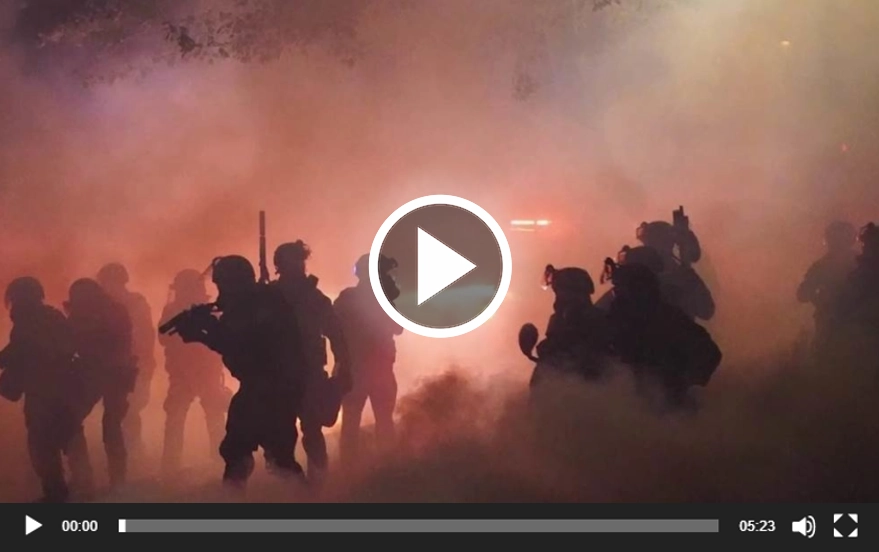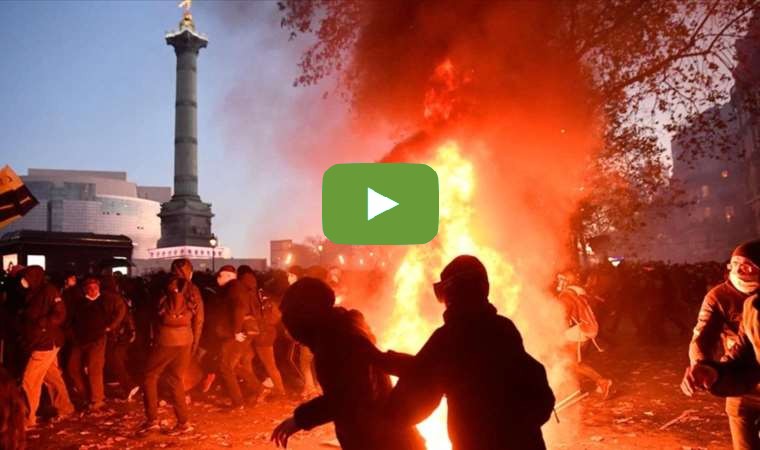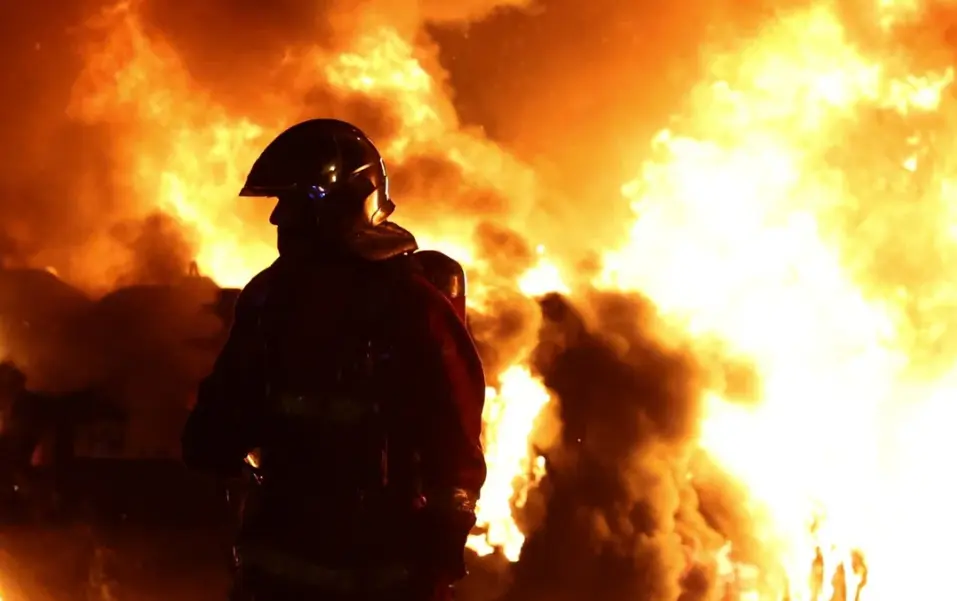
Proud and indomitable, France is a nation simmering under the weight of a brewing storm. A dark cloud hangs over its elegant boulevards and rustic countryside, as thousands rise against the plans of their president, Emmanuel Macron, to push the retirement age from 62 to 64.
A decision that has resulted in uproarious dissent, plunging the nation into a state of turmoil, disturbing the rhythm of daily life and forcing the Elysée to postpone visits from dignitaries like King Charles III.
Strikes and protests, not just against the proposed pensions overhaul but against the president’s bypassing of a parliamentary vote, have ignited a fury within the French populace. The streets echo the resonating cries of protesters, in the tenth massive demonstration since the beginning of the year, and signs of smaller, spontaneous protests call back to the days of the Yellow Jacket movement.
One might be tempted to question if the infamous Yellow Jackets are mounting a resurgence. While violent and vandalism-riddled protests were key elements of the Yellow Jacket movement, there is a distinct difference with the current demonstrations. These strikes are a result of union-led protests or small-scale demonstrations, often erupting into violence in their aftermath.
However, a shared sentiment between these two periods of social unrest is the widespread popular support, with over 60 percent of French citizens favoring stronger protests according to a Ifop poll.
The French authorities, perhaps haunted by the specter of the Yellow Jackets, are on high alert. From fluorescent uniforms appearing in the marches to warnings from police agents about escalating violence, signs of history repeating are becoming more evident. Coupled with multiple allegations of police brutality, the undercurrent of the demonstrations is becoming increasingly charged. Macron, himself, drew parallels between the violent protests and the subversive riots in the U.S and Brazil in a TV interview.
Macron’s resolve, however, appears unbroken. Even as the head of the trade union CFDT proposed a six-month pause on the reform and suggested meetings with the unions with a mediator’s assistance, Macron stood firm. He defended the reform and argued that the unions failed to present alternative proposals for the pension system overhaul.
The opposition, seemingly cornered, is not without their strategies. Despite the government’s survival of a no-confidence vote and Macron’s bypass of the parliamentary vote on the text, the final hurdle lies in the hands of France’s Constitutional Council. Will the reform be deemed in line with the constitution? Will the opposition’s request for a referendum succeed? The nation waits with bated breath.
Must See –> Unmasking the Masters of Global Control: Is Trump Our Final Defense Against a Nuclear Doomsday?
In the global perspective, Macron argues, the retirement age in France is among the lowest in Europe. So, why this relentless resistance to adapt the pension system to rising life expectancy? Critics argue that this reform is particularly unfair to the poor and people who started work early in physically demanding jobs. They stress on the importance of exploring other avenues to balance the pension system financially.
The discord is about more than just pension reform; it is about the erosion of the social contract. The constitutional maneuver that allowed Macron to bypass a parliamentary vote adds a new layer to the prevailing anger. The decision exposed Macron’s political weakness and intensified the existing anger amongst the French populace.
The citizens are not just demanding their social rights; they are calling for a recognition of their voice, their democratic power, and the historical richness of their social model.
Indeed, as France’s Transport Minister, Clément Beaune, put it, “We are a country where the debate is demanding, where the demand for social rights is high, this has also made our history, our social model.” A social model that the people of France hold dear and are willing to take to the streets to defend.
As the world watches, one can’t help but question: will the flames of unrest be quelled, or will they spread and engulf the nation in a revolutionary fire?
Only time will tell.





